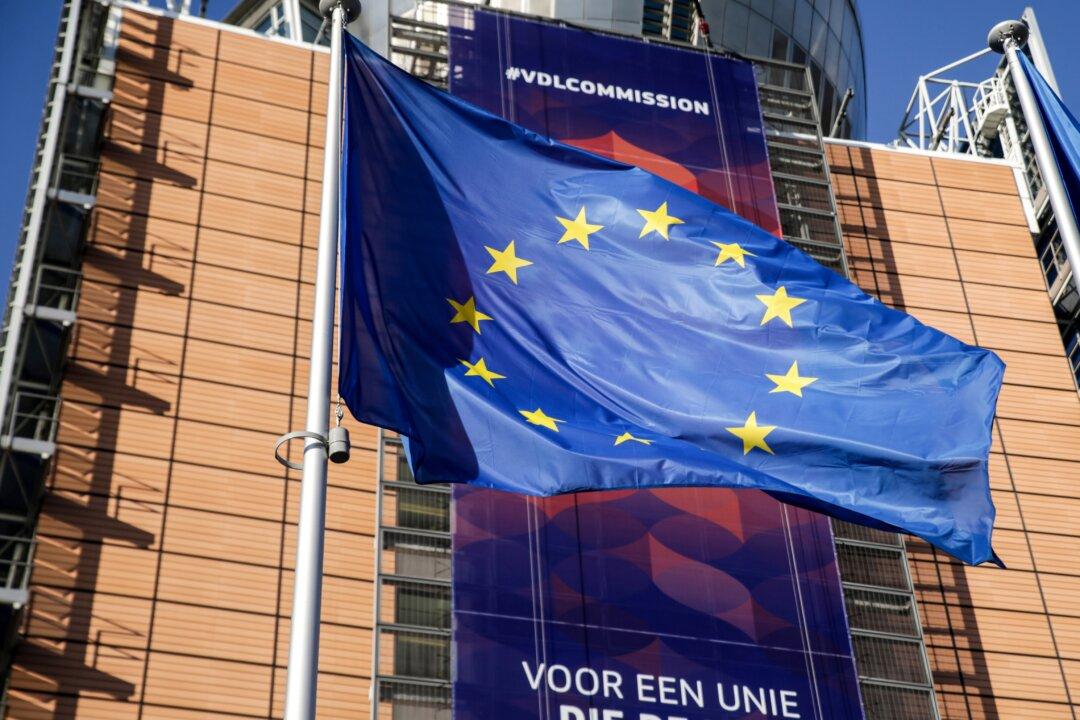The EU considers China as one of the top offenders in terms of intellectual property rights infringement, a report shows.
The biennial report, issued by the European Commission in January, lists the bloc’s trading partners and how effectively they are enforcing intellectual property (IP) protection in their jurisdictions.





